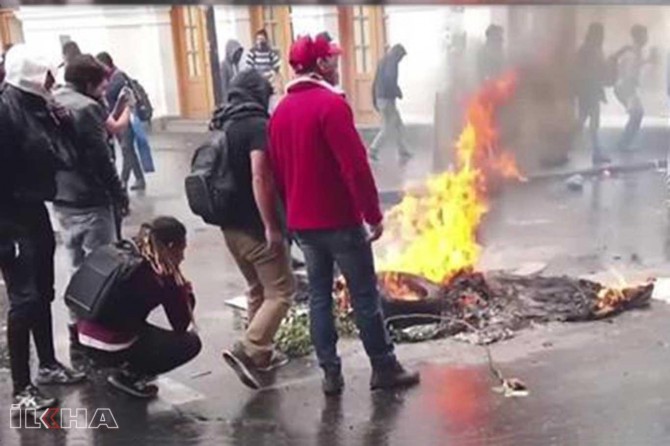
Protests continue in Iraq
The death toll rose to 38 as demonstrations continued despite a curfew in Iraq.
Anti-government demonstrations are underway in Baghdad, the Iraqi capital, and some cities in the south of the country, protesting "unemployment, corruption, and lack of public service," which began on October 1.
Although a curfew has been declared in the cities of Zikar (Nasiriyye), Meysan (Amara) and Babylon (Hile), along with the capital Baghdad, the protests continue while the number of people killed in demonstrations increased to 38.
Iraq Human Rights Organization: 38 killed, 500 wounded
Ali Akram, a member of the Iraqi High Commission for Human Rights, said 38 people had been killed and 518 wounded so far in the protests.
Of those killed, 35 were protesters and 3 were police. Since the beginning of the demonstrations, 216 people have been detained, of which 154 have been released.
Amnesty International criticized the harsh intervention by security forces in the demonstrations, calling for the public not to be prevented from exercising their right to demonstrate.
Iraqi Prime Minister Adel Abdul Mehdi said the government should do more to combat corruption by giving rights to protesters.
Speaking on state television, Abdul Mehdi said the demonstrators were right to seek job opportunities and comprehensive reforms.
The Iraqi Prime Minister has announced that he will soon present a project that will provide poverty benefits so that all Iraqi families can live with dignity.
"Everyone must respect the rule of law so that we can live safely and steadily," Abdul Mehdi said in his speech.
What's in the background of the protests?
There has long been unrest in the country. Last year, there were months of demonstrations in the southern city of Basra against infrastructure shortages and corruption.
Garbage piling up on the streets is threatening human health. There are also power outages that happen every day and make life seriously difficult. People are trying to settle for just 12 hours of electricity a day.
Although the main cause of the protests appears to be the economy, a complex equation also stands out on the political scene.
The United States maintained a presence in Iraq, which it occupied in 2003, with about 165 thousand troops until 2011. In 2014, with the emergence of DAESH, the U.S. administration sent troops again. Although DAESH largely lost its presence in the country in 2017, the turmoil in the country is not over.
Prime Minister Abdul Mehdi, who took office on October 2018, has been criticized for failing to tackle corruption, a lack of public services and a failure to find solutions to unemployment.
ILKHA

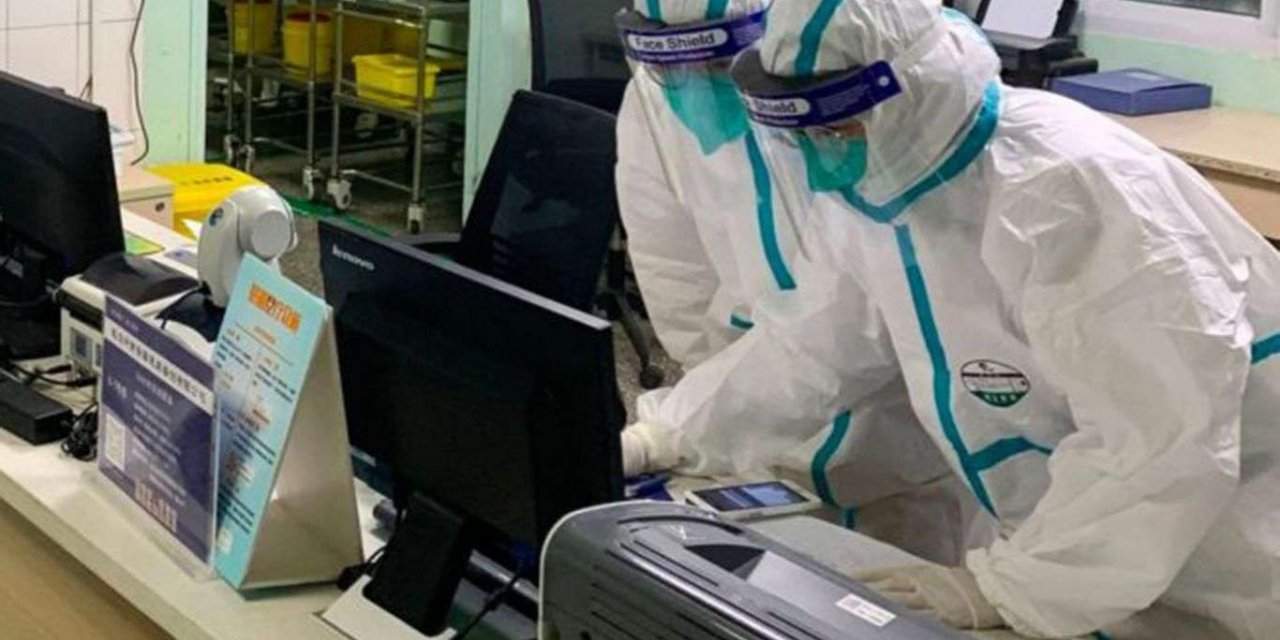
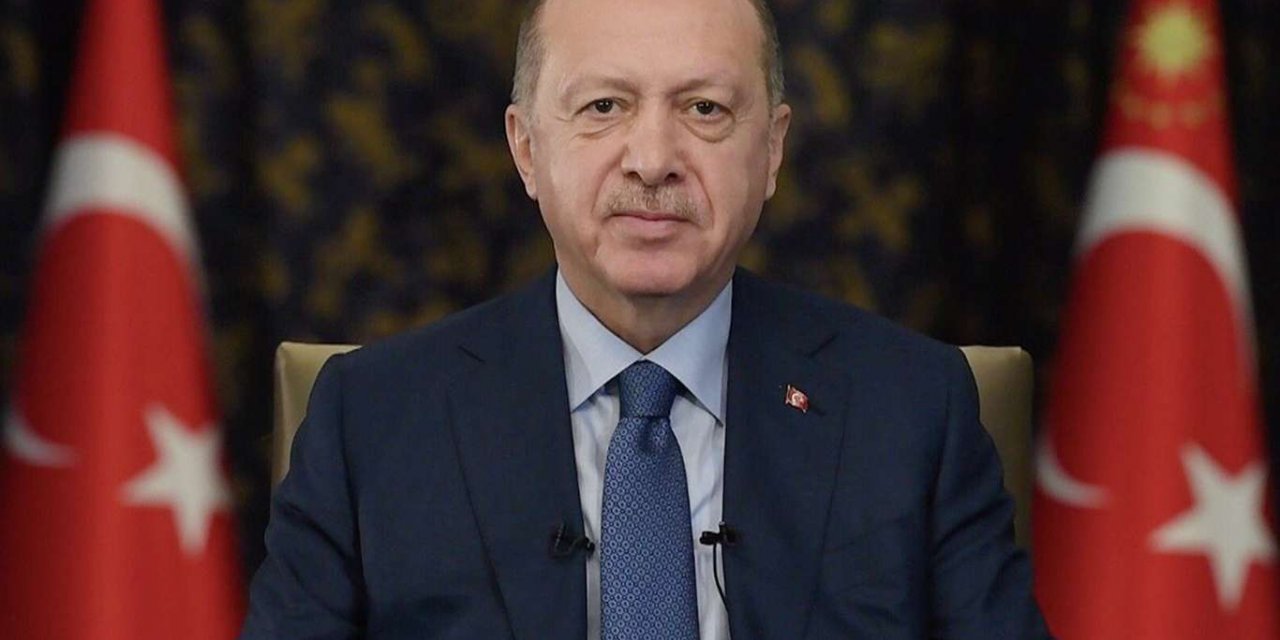

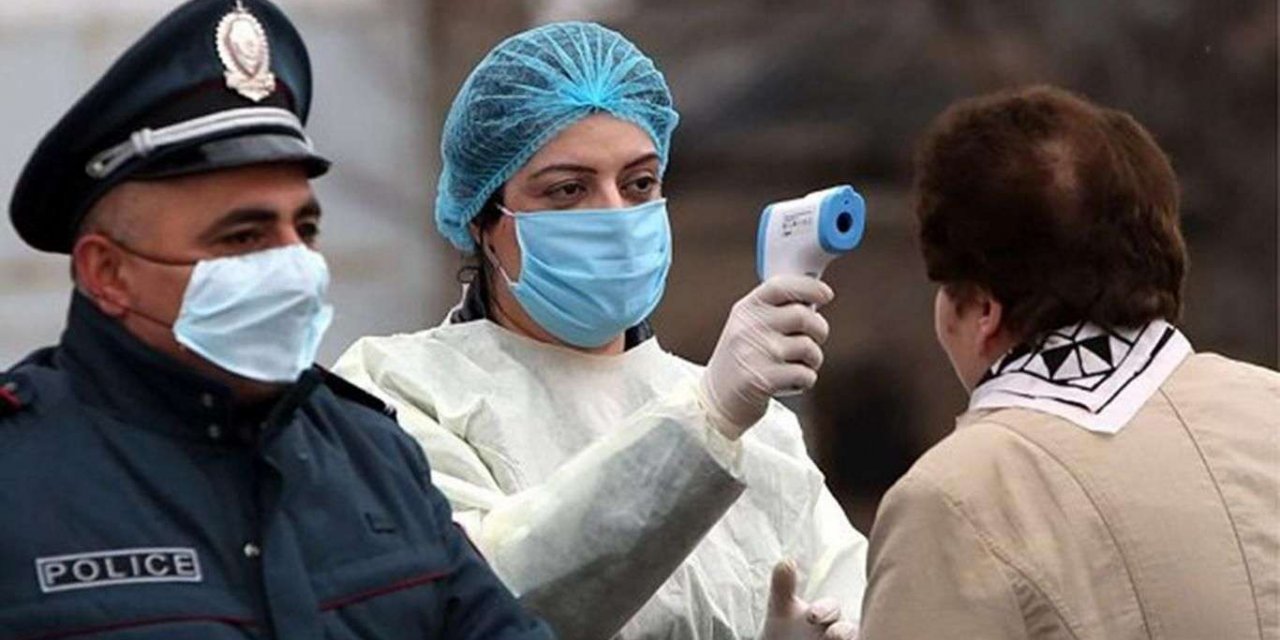
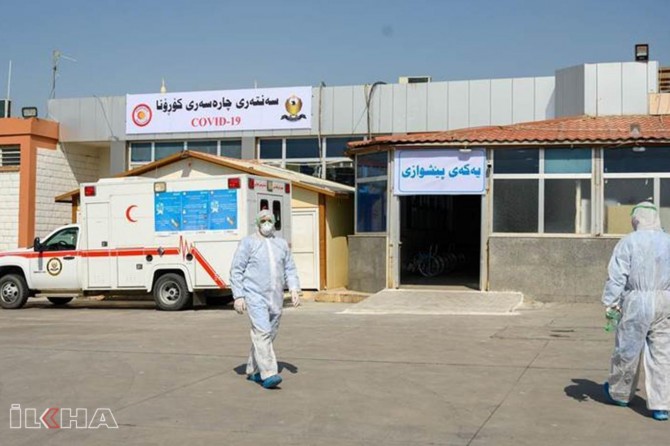
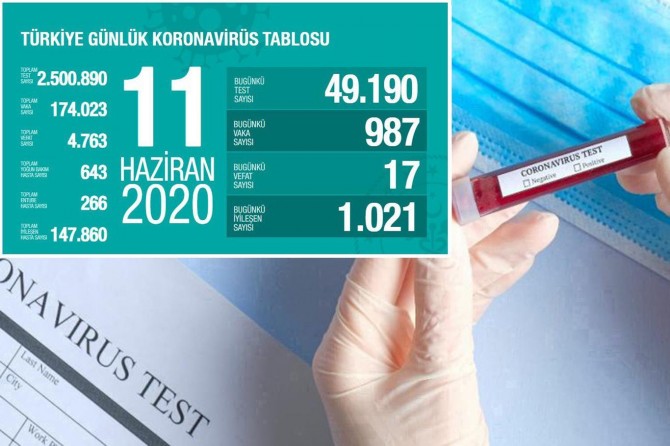
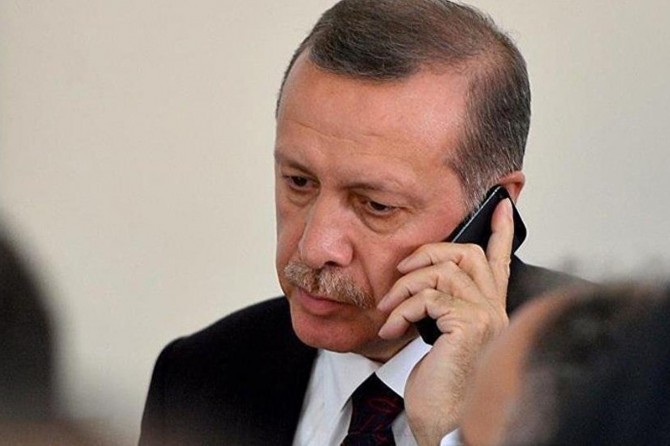
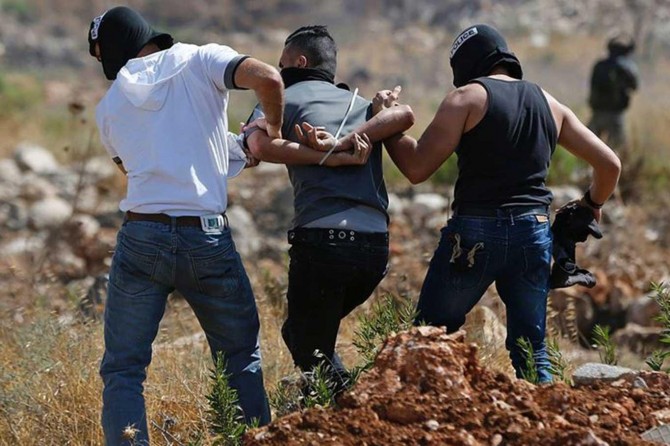
Türkçe karakter kullanılmayan ve büyük harflerle yazılmış yorumlar onaylanmamaktadır.